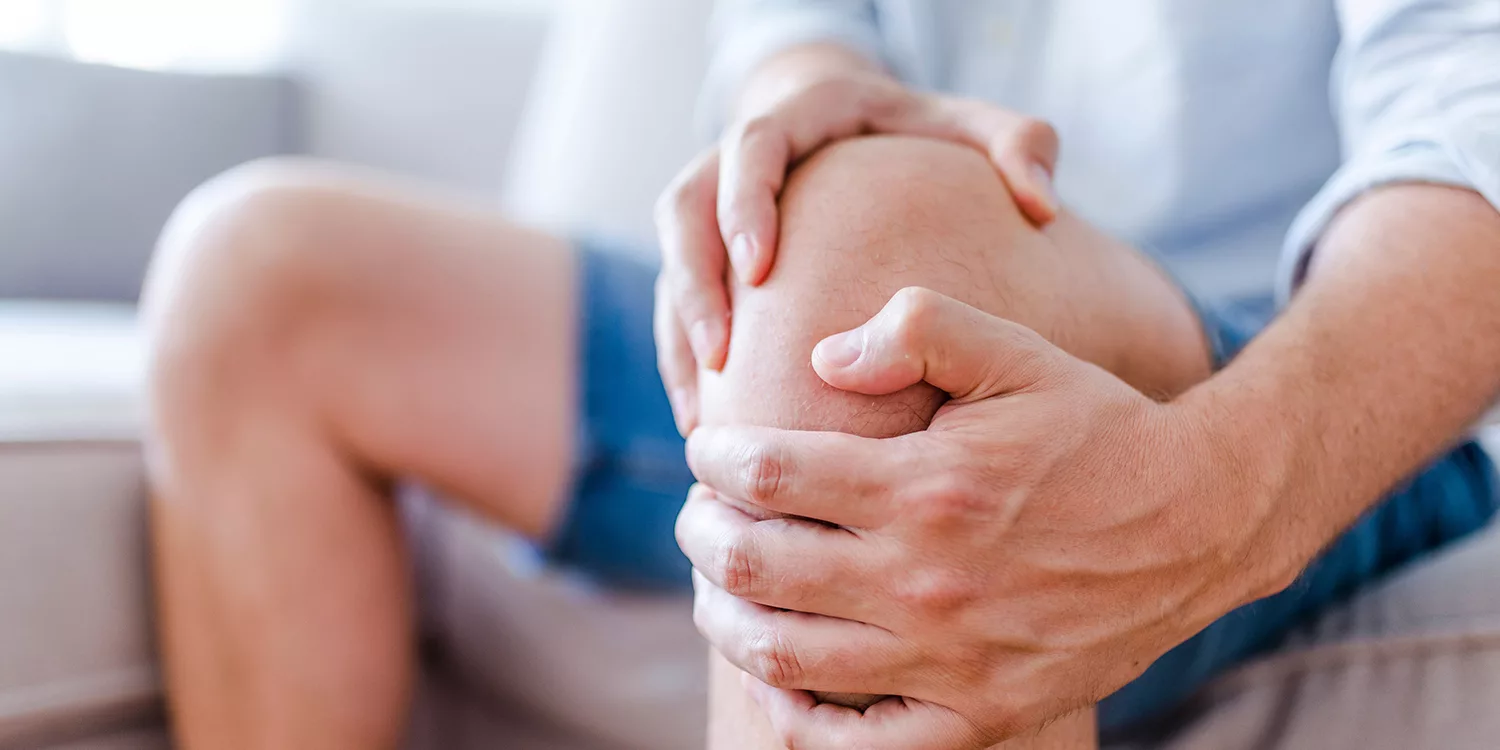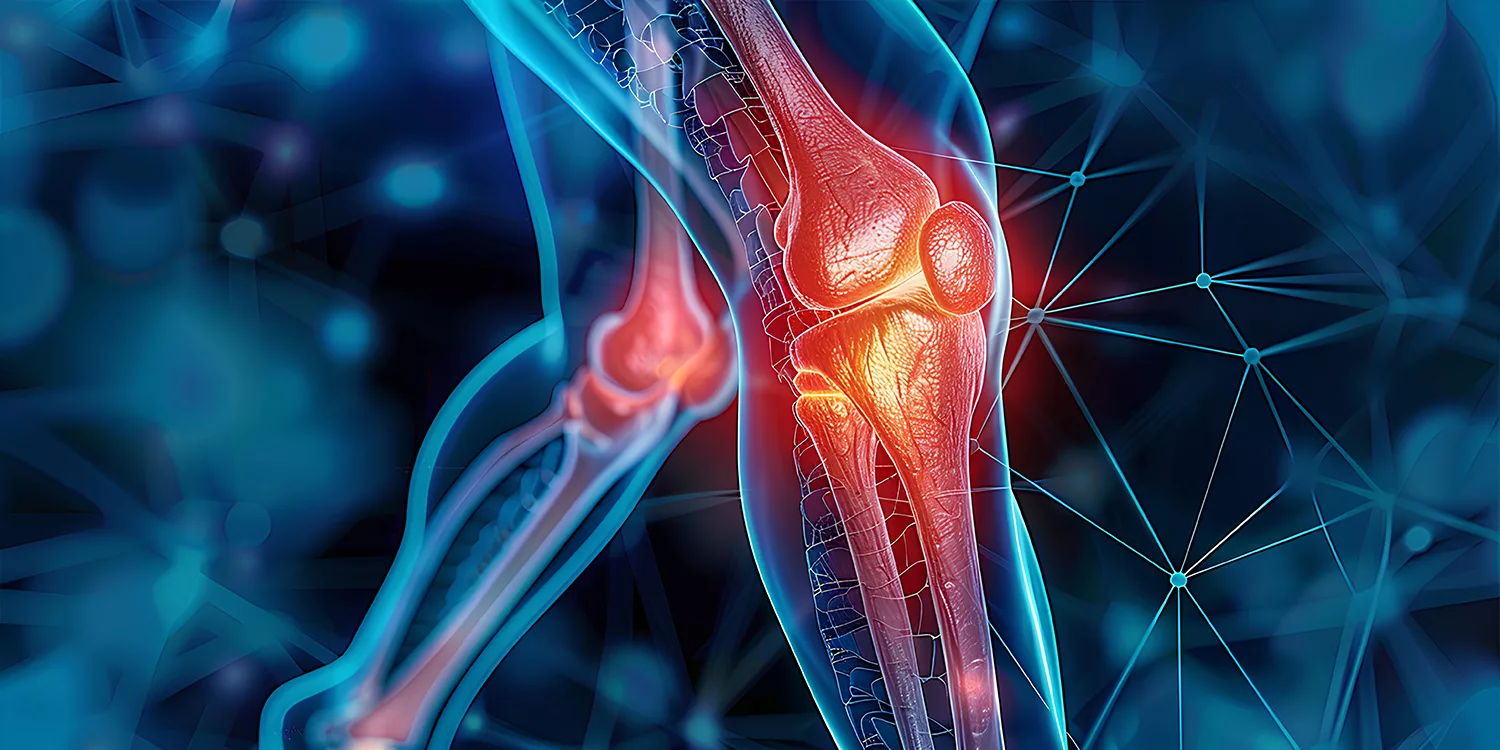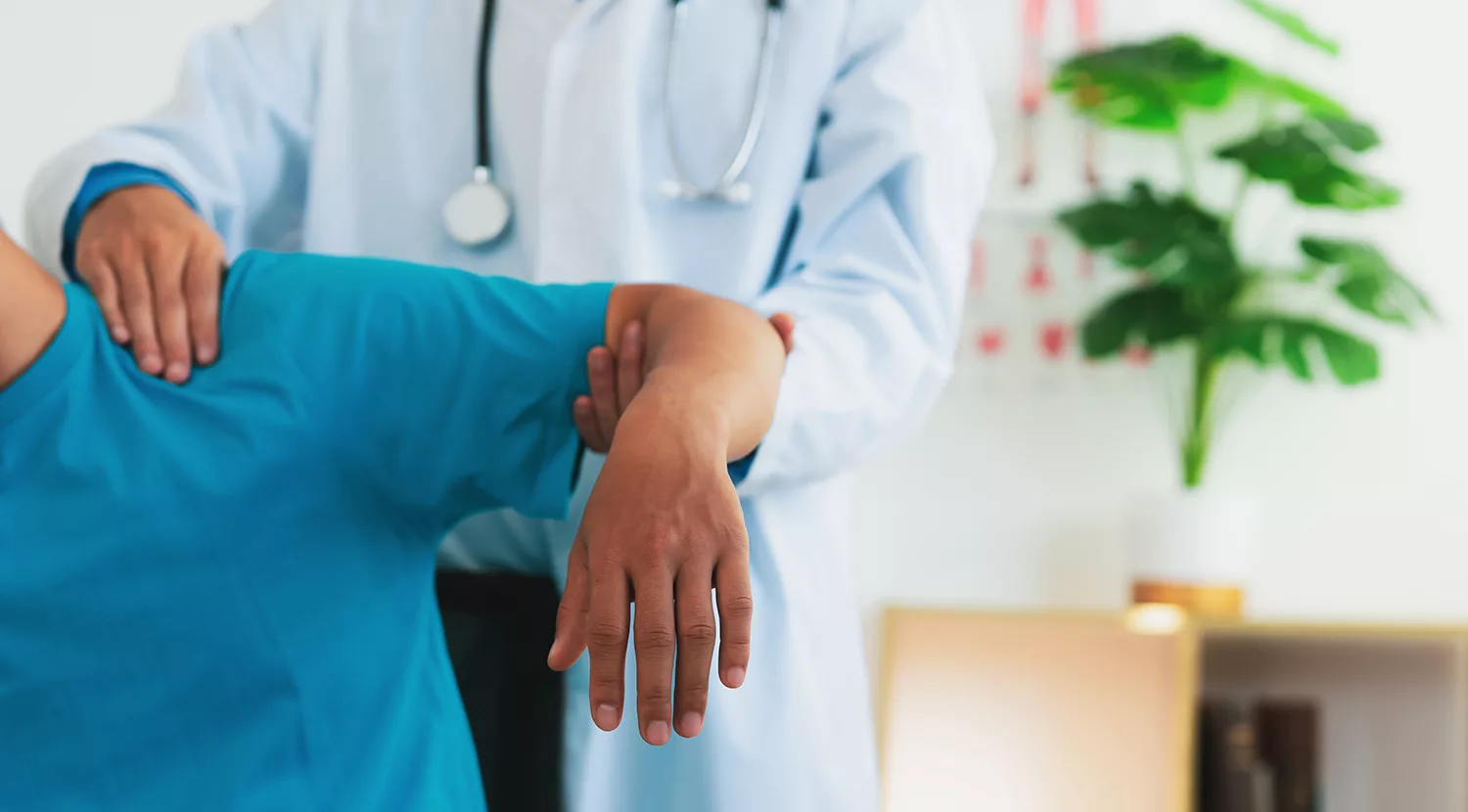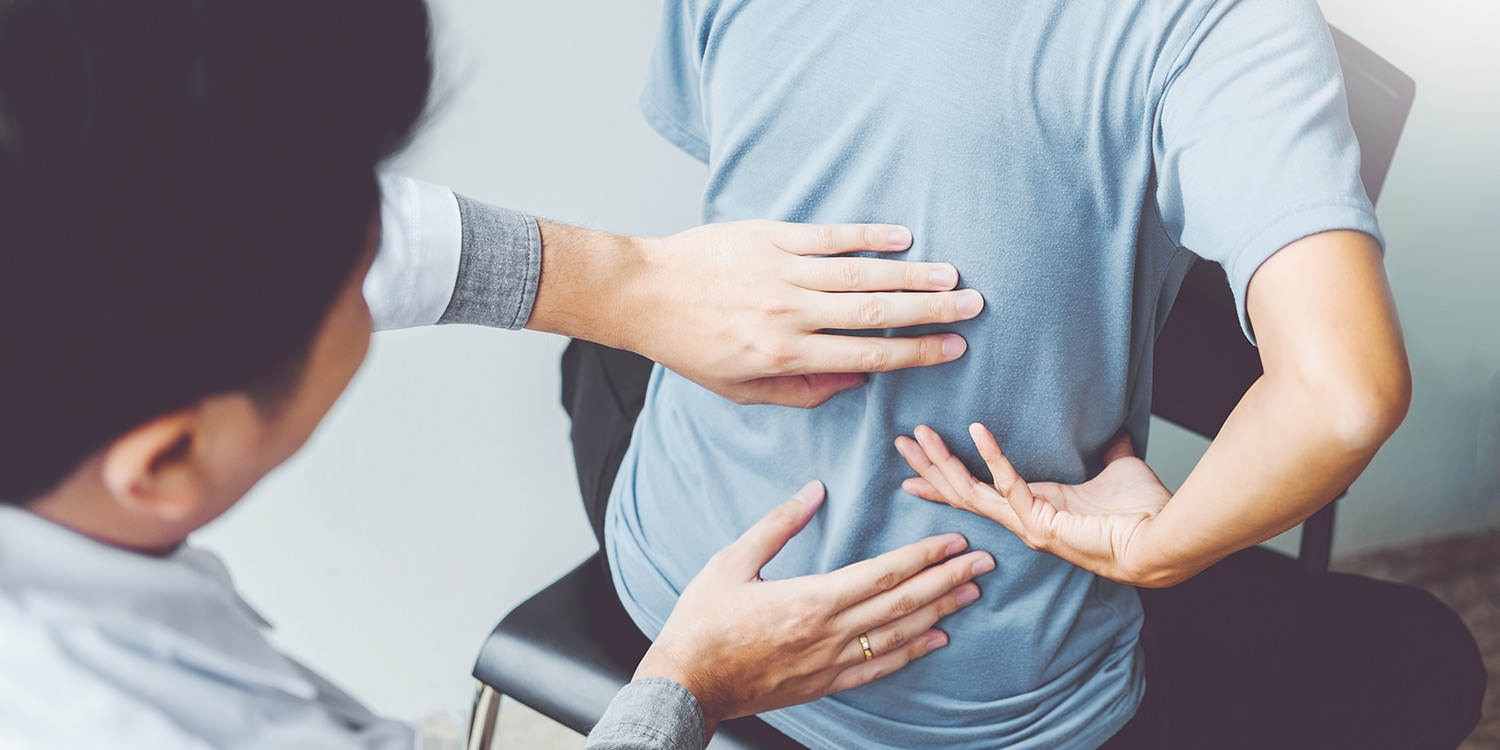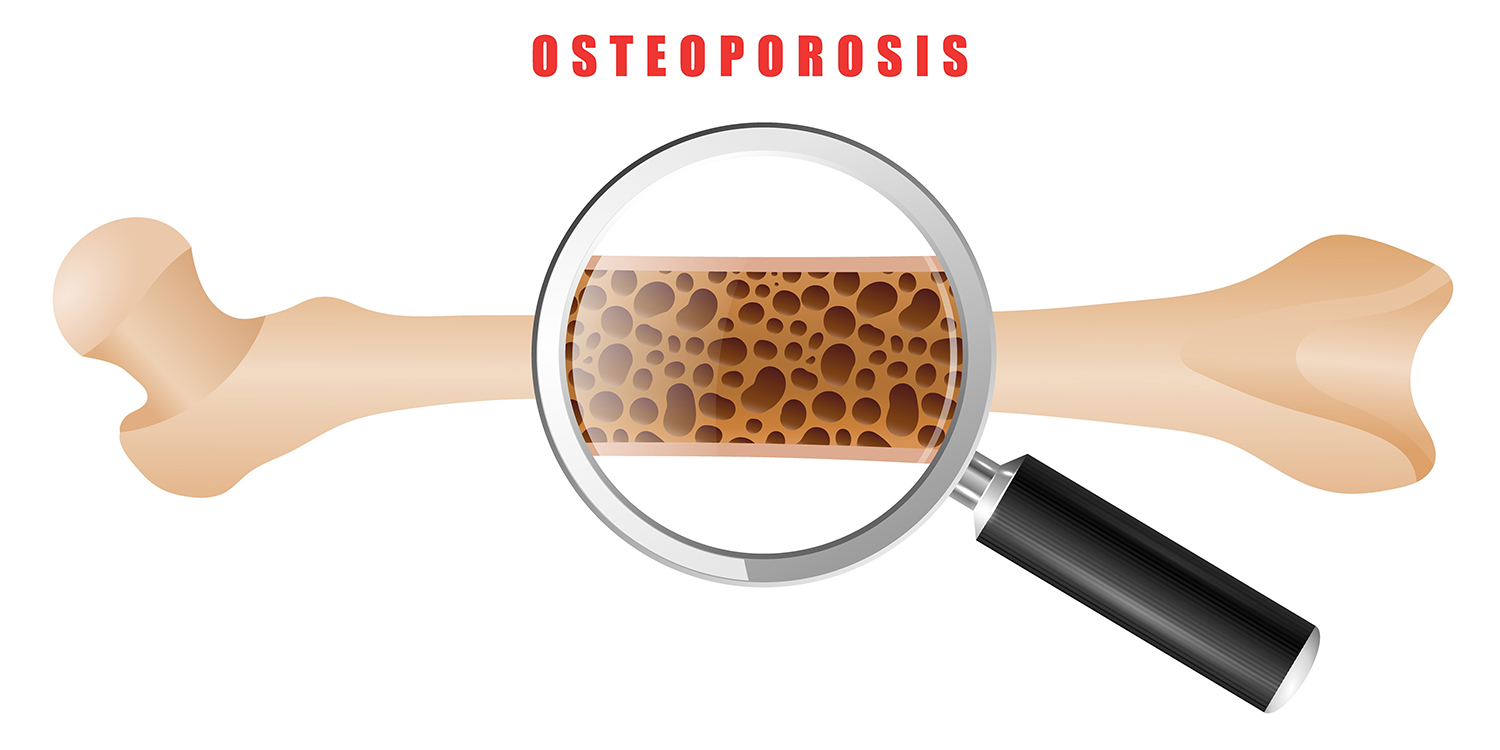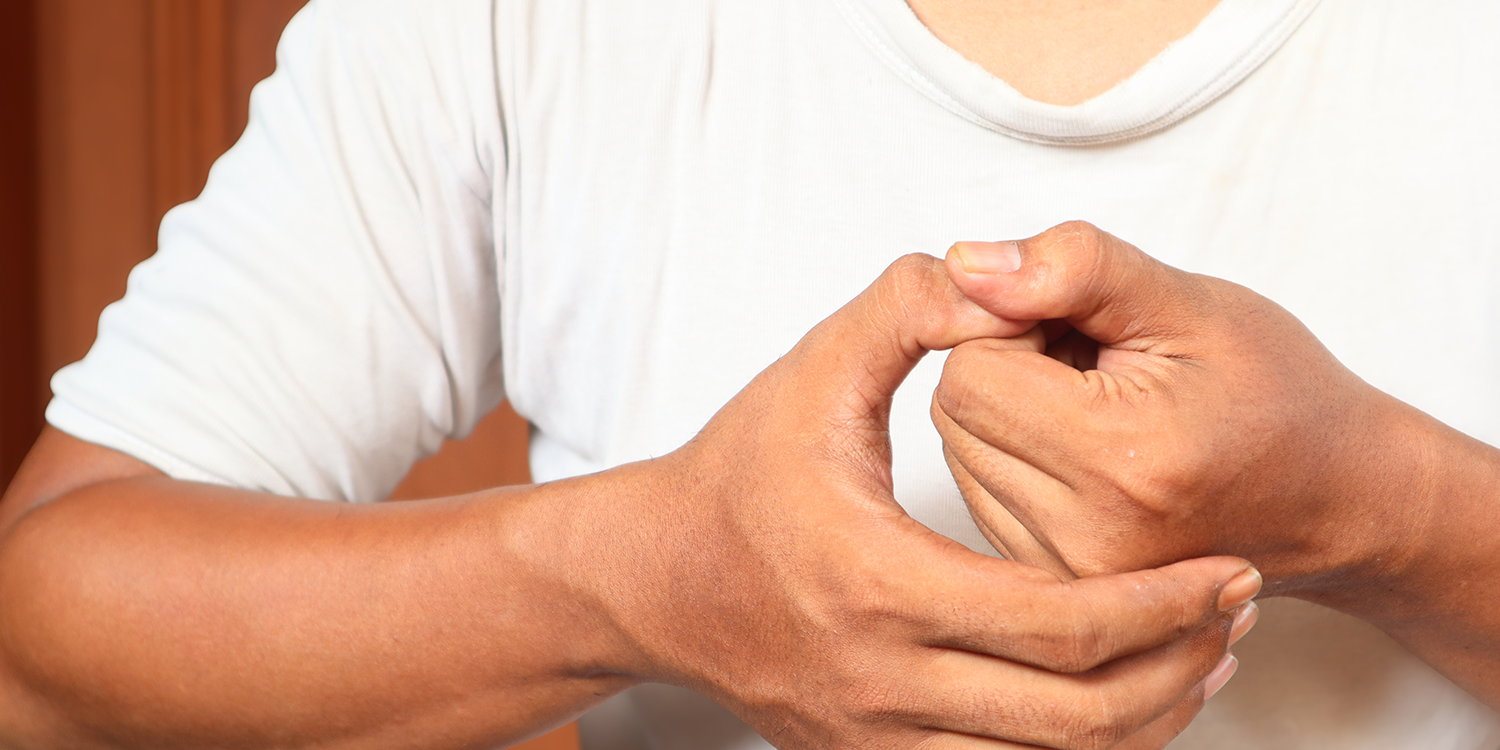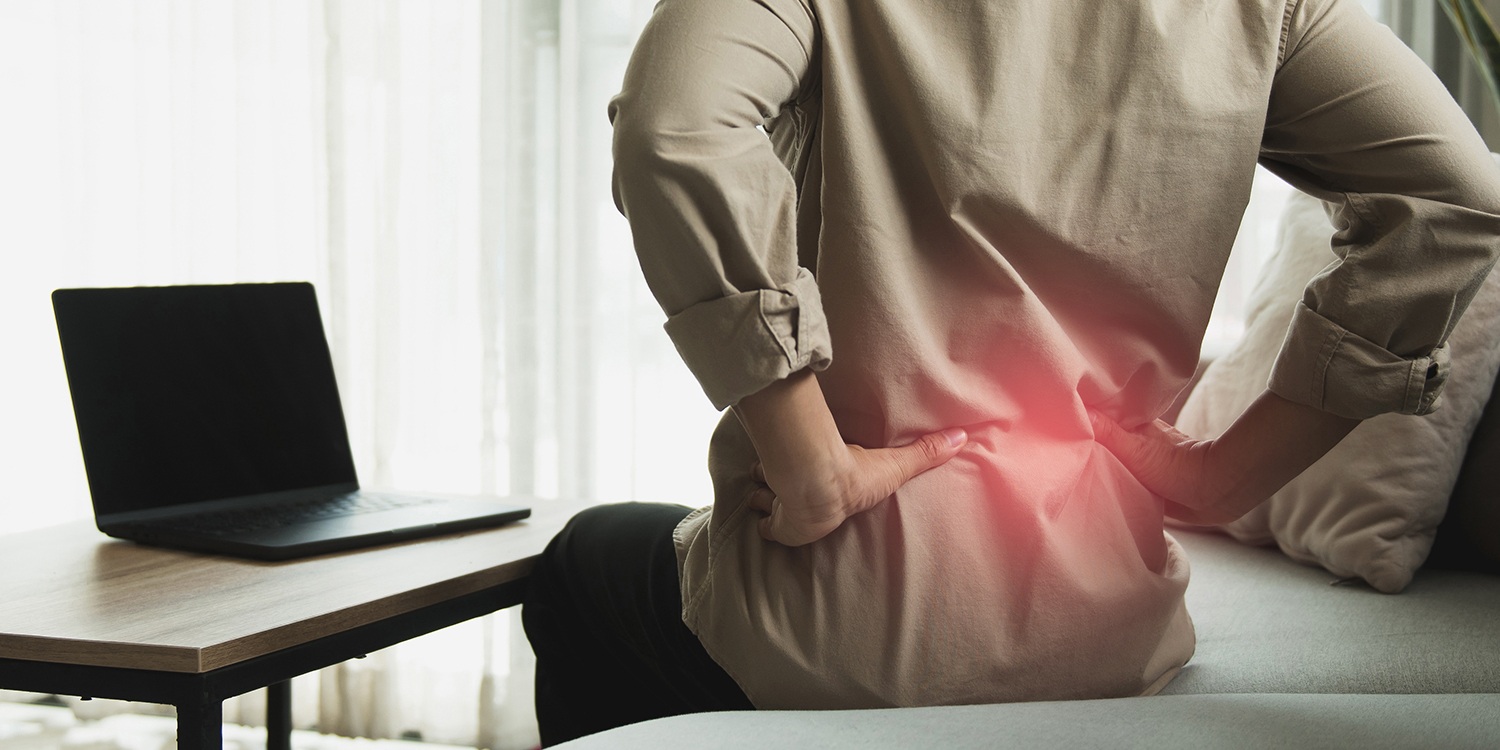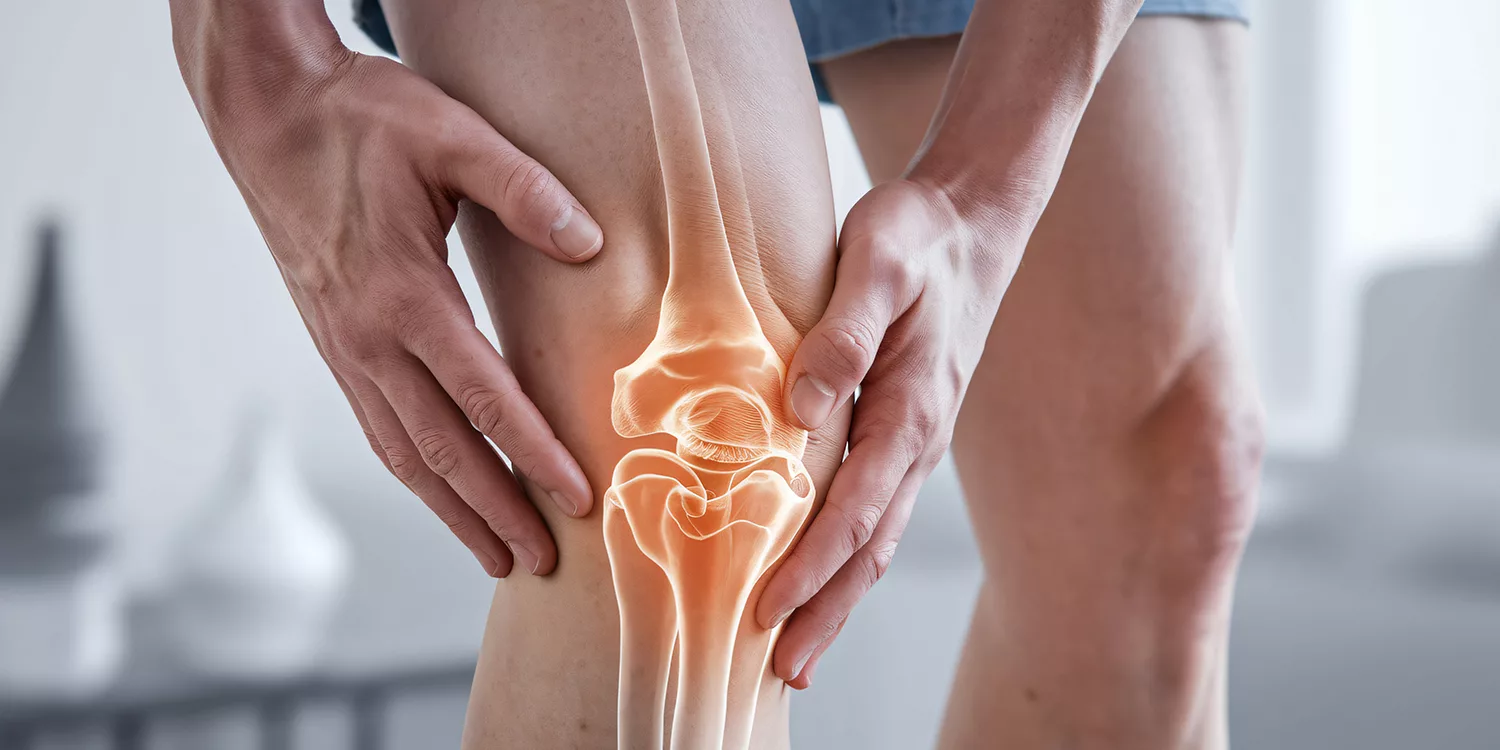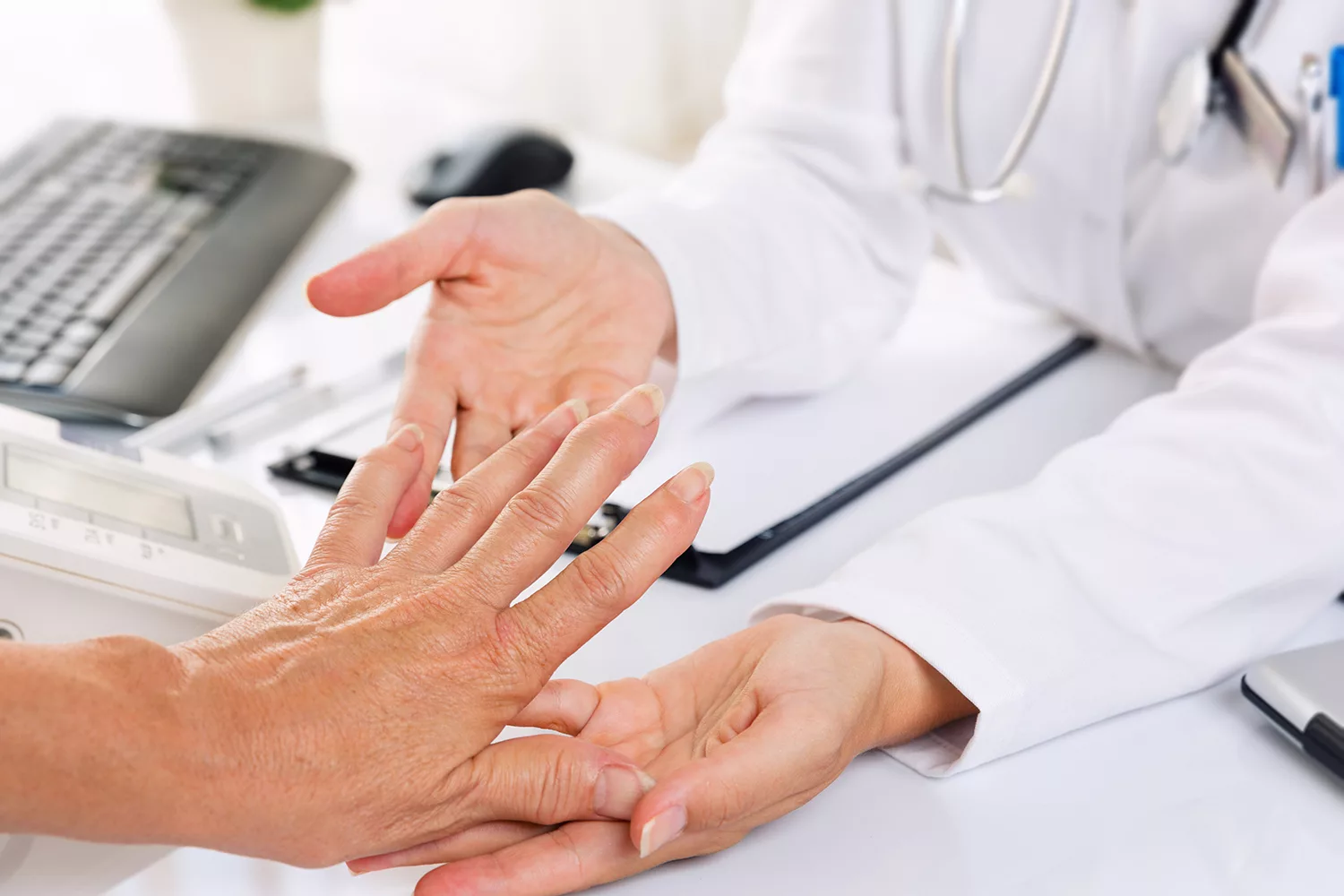Sports injuries are increasingly common among athletes, fitness enthusiasts, and active individuals, often resulting from sudden impact, repetitive strain, or improper training. These injuries can affect joints, muscles, ligaments, or bones, requiring prompt and precise care to restore strength and mobility. At the Department of Orthopaedics, Graphic Era Hospital, our Arthroscopy and Sports Medicine Unit specialises in diagnosing and treating all types of sports-related injuries. Using advanced imaging, minimally invasive arthroscopic procedures, and tailored rehabilitation programmes, our expert orthopaedic surgeons and physiotherapists ensure faster healing, improved flexibility, and a safe return to sports and daily activities.
In addition to surgical options, we offer non-surgical management of sports injuries through advanced physiotherapy, targeted exercise plans, and Platelet-Rich Plasma (PRP) therapy, which uses the body’s natural growth factors to accelerate tissue repair and recovery. This holistic approach helps reduce downtime, control pain, and promote long-term joint health for athletes and active individuals alike.

Prompt medical attention is essential to prevent minor sports injuries from becoming long-term joint or muscle problems. At Graphic Era Hospital, Dehradun, our orthopaedic surgeons recommend early consultation to ensure quick diagnosis, effective pain relief, and faster recovery. You should consult an orthopaedic surgeon if you experience:
- Persistent pain or swelling after physical activity or impact
- Limited movement in the affected joint or limb
- Popping, clicking, or instability in the knee, shoulder, or ankle
- Visible deformity or bruising following an injury
- Sudden weakness in muscles or loss of balance during movement
- Numbness or tingling in the arms or legs
- Recurring injuries that worsen with physical activity
- Difficulty bearing weight on an injured leg or foot
- Injuries involving children or adolescents during sports
- No improvement after basic rest, ice, compression, and elevation (RICE) measures
Things to Know Before Starting Sports Injury Treatment
Before beginning treatment, it’s important to understand the nature and severity of the injury, as well as the available treatment options. At Graphic Era Hospital, Dehradun, every patient undergoes a thorough assessment to ensure accurate diagnosis and safe, effective recovery. Key things to know:
- Common sports injuries include sprains, muscle strains, ligament tears, tendonitis, dislocations, and fractures.
- A detailed orthopaedic evaluation and physical examination help determine the underlying cause of pain or swelling and accurately identify the type and extent of injury.
- X-rays, MRI, or ultrasound imaging may be recommended to assess bone, ligament, or muscle damage.
- Early intervention helps prevent chronic pain or joint instability.
- Arthroscopic and minimally invasive techniques offer quicker recovery and less post-operative discomfort.
- Physiotherapy is an integral part of treatment for restoring strength, movement and flexibility.
- Recovery time varies depending on injury type, severity, and physical fitness.
- Following medical guidance and rest protocols reduces the risk of recurrent or overuse injuries.
- Nutritional support and gradual return to activity are key to sustained healing.
Sports Injury Treatments Available at Graphic Era Hospital
At Graphic Era Hospital, Dehradun, sports injury treatment combines advanced orthopaedic techniques, minimally invasive surgery, and structured rehabilitation programmes to restore full function and mobility. Our Arthroscopy and Sports Medicine Unit provides comprehensive care for athletes and active individuals, focusing on precision, safety, and faster recovery. Key treatment options include:
- Arthroscopic Surgery: Minimally invasive procedures for knee, shoulder, and hip injuries, enabling faster recovery and minimal scarring.
- Ligament and Cartilage Repair: Treatment of ACL, PCL, and meniscus tears, as well as cartilage restoration for improved joint stability and mobility.
- Rotator Cuff and Tendon Repair: Advanced techniques to manage shoulder injuries common among athletes, restoring full range of motion.
- Fracture and Dislocation Management: Expert care for bone fractures, joint dislocations, and polytrauma cases, using precise fixation and stabilisation methods.
- Sports Physiotherapy and Rehabilitation: Customised programmes designed to restore muscle strength, balance, and flexibility, and prevent recurrence.
- Joint Preservation and Reconstruction: Surgical and non-surgical solutions to preserve natural joints and improve performance after repetitive strain or injury.
- Paediatric and Adolescent Sports Injury Care: Specialised management of growth plate injuries and congenital musculoskeletal conditions in young athletes.
- Preventive and Performance Medicine: Guidance on posture correction, injury prevention, and safe training techniques for long-term musculoskeletal health.
- Platelet-Rich Plasma (PRP) Therapy in Sports Medicine: PRP therapy harnesses platelets rich in growth factors, which are injected into the injured tendon, ligament, or joint. This accelerates natural tissue repair, reduces inflammation, and promotes faster recovery.
- PRP is effective in managing conditions like tennis elbow, ligament sprains, muscle tears, early arthritis, and sports-related knee injuries. It’s a safe, minimally invasive treatment that helps athletes and active individuals return to play sooner—naturally.
Why Choose Graphic Era Hospital for Sports Injury Treatment in Dehradun?

Tips to Prevent Common Sports Injuries
At Graphic Era Hospital, Dehradun, we believe that prevention is the foundation of long-term musculoskeletal health. Our sports medicine specialists and physiotherapists focus not only on treating injuries but also on helping athletes and active individuals stay injury-free through education and guided training techniques.
To reduce the risk of sports injuries and maintain peak performance:
- Begin every workout or game with a proper warm-up and stretching routine.
- Use the right posture, equipment, and protective gear suited for your sport.
- Incorporate strength and flexibility exercises to support joints and muscles.
- Follow a balanced training plan that includes rest and recovery days to prevent overuse injuries.
- Stay hydrated and maintain a diet rich in protein, calcium, and essential nutrients for bone and muscle health.
- Listen to your body - stop exercising if you experience pain, swelling, or discomfort.
- Schedule regular sports health check-ups at a sports injury clinic near you to monitor joint stability and muscle strength.
- Seek early medical attention at Graphic Era Hospital’s Sports Injury Clinic in Dehradun if pain or stiffness persists after physical activity.
By combining smart training habits, proper conditioning, and timely evaluation, Graphic Era Hospital helps individuals stay active, prevent re-injury, and enjoy long-term athletic performance safely.
Top Sports Injury Treatments and Procedures at Graphic Era Hospital
- Arthroscopic Ligament Reconstruction
- Rotator Cuff Repair
- Meniscus and Cartilage Surgery
- Fracture Fixation and Bone Realignment
- Shoulder and Knee Arthroscopy
- Sports Physiotherapy and Rehabilitation Programmes
- Joint Preservation and Reconstruction Procedures
- Paediatric and Adolescent Sports Injury Management
Blog
Frequently Asked Questions
What is a sports injury and how is it treated?
A sports injury refers to damage to muscles, ligaments, joints, or bones that occurs during physical activity or exercise. At Graphic Era Hospital, Dehradun, sports injury treatment includes arthroscopic surgery, physiotherapy, and rehabilitation programmes, ensuring safe and effective recovery.
Where can I find the best sports injury treatment near me in Dehradun?
The Department of Orthopaedics at Graphic Era Hospital, Dehradun, is recognised as one of the best centres for sports injury management and rehabilitation. Our specialists use advanced imaging and minimally invasive techniques to ensure accurate diagnosis and faster healing.
Do I need physiotherapy after a sports injury?
Yes. Sports injury physiotherapy is essential for restoring flexibility, strength, and balance. At Graphic Era Hospital, our physiotherapists design tailored rehabilitation plans that support long-term recovery and help prevent re-injury.
What are the most common sports injuries treated at Graphic Era Hospital, Dehradun?
Common sports injuries treated at Graphic Era Hospital include ligament tears, sprains, muscle strains, fractures, rotator cuff injuries, and knee pain. Our sports injury clinic in Dehradun offers both surgical and non-surgical care for all major joint and soft-tissue injuries.
How are sports injuries diagnosed?
At Graphic Era Hospital’s sports injury diagnosis centre in Dehradun, diagnosis involves a combination of X-rays, MRI scans, ultrasound imaging, and physical assessment to determine the type and extent of injury accurately.
Can poor technique or overuse cause sports injuries?
Yes. Repetitive strain, poor posture, or improper training can lead to overuse injuries such as tendinitis, stress fractures, or bursitis. Our specialists at Graphic Era Hospital provide training advice and preventive care to reduce recurrence.
What is the recovery time for sports injuries?
Recovery depends on the type and severity of the injury. Minor sprains may heal within weeks, while major ligament tears or fractures can take several months. The sports injury rehabilitation centre at Graphic Era Hospital, Dehradun, ensures guided recovery for lasting results.
Is there a specialised sports injury surgeon near me in Dehradun?
Yes. Graphic Era Hospital, Dehradun, has experienced sports injury surgeons and orthopaedic specialists skilled in arthroscopic and reconstructive procedures. They focus on restoring mobility and helping patients safely return to sports.
Take the First Step Towards Improved Heart Health
At Graphic Era Hospital, we are committed to providing world-class care for heart failure treatment. Our expertise, advanced technology, and compassionate approach ensure the best outcomes for patients with HF disease. Whether you require preventive care, diagnostic testing, interventional procedures, or long-term management of cardiovascular conditions, we have got you covered. To book a consultation with one of our cardiologists, simply call 18008897351 or fill out our contact form.
